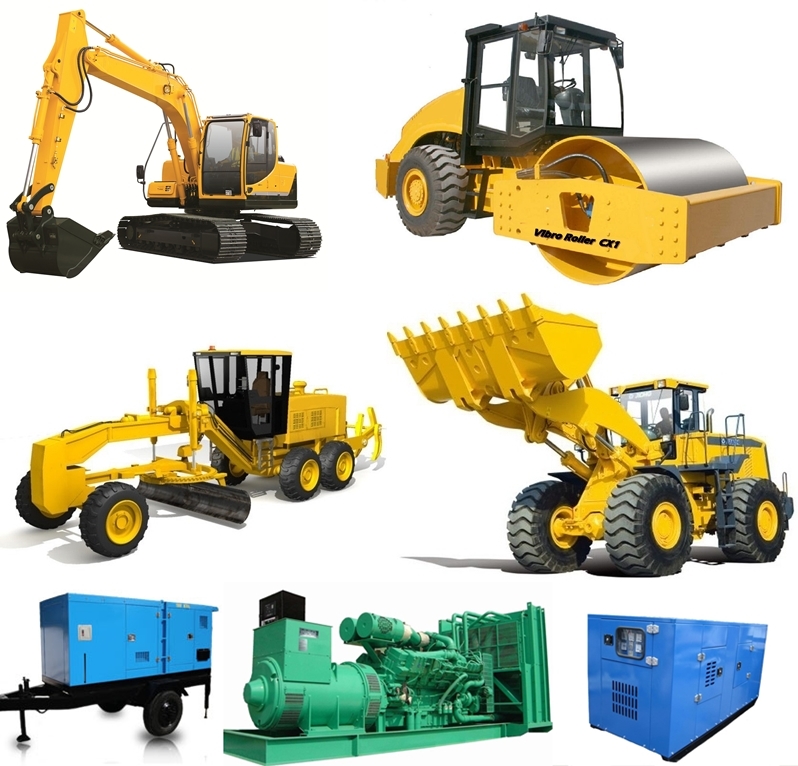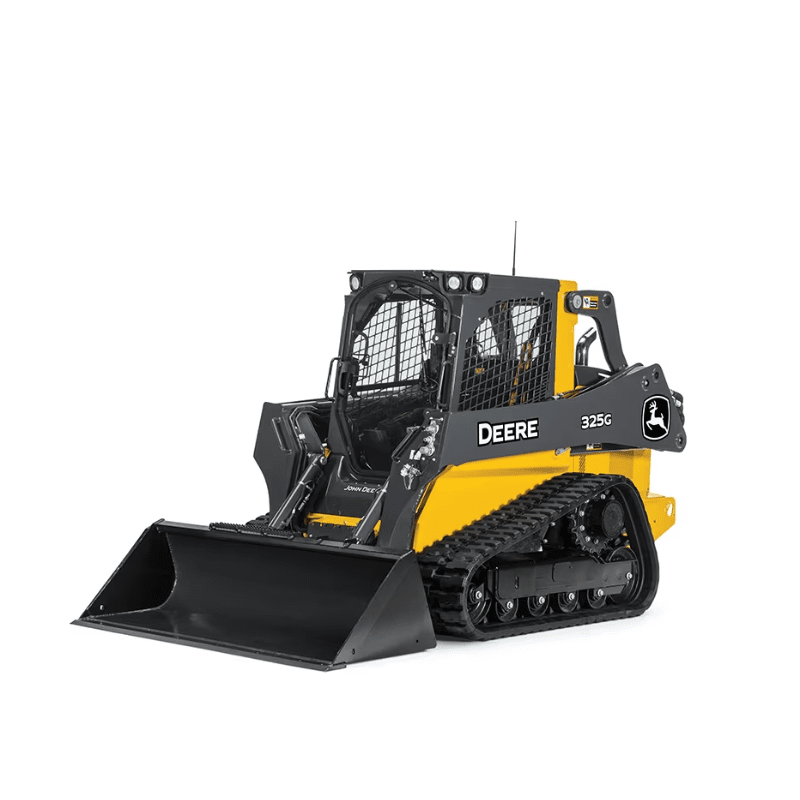Heavy Equipment Rental: Big Equipment for Any Kind Of Construction Project
Heavy Equipment Rental: Big Equipment for Any Kind Of Construction Project
Blog Article
Optimize Your Spending Plan by Recognizing the Prices Related To Building And Construction Equipment Services
Understanding the full extent of prices linked with construction devices rentals is crucial for maximizing your budget. What methods can be utilized to efficiently handle these costs and guarantee an extra reliable rental experience?
Summary of Rental Expenses
When taking into consideration construction tools rentals, comprehending the linked expenses is critical for efficient budgeting and job preparation. Rental expenses can vary significantly based upon several variables, consisting of devices kind, duration of rental, and location. The initial rental cost typically mirrors the tools's market demand and its connected operational abilities, affecting the total cost.
Along with the base rental rate, secondary costs may arise, such as transport charges, gas surcharges, and maintenance charges. It is important to account for these added expenses to accurately examine the overall cost of renting out equipment. Moreover, the rental duration can influence rates; longer services might get affordable prices, while short-term leasings might sustain higher day-to-day charges.

Malfunction of Rental Rates
A comprehensive understanding of rental prices is crucial for contractors and task managers intending to enhance their spending plans. Rental rates for building and construction devices commonly are composed of several components, consisting of base rates, time-based charges, and usage costs.
Base prices are the core charges connected with the service of the equipment, typically determined by the kind and size of the equipment. These prices can differ significantly, influenced by aspects such as tools need, schedule, and regional market trends. Time-based fees, which may be daily, weekly, or monthly, serve to fit different job timelines and rental durations.
Additionally, rental prices may include use costs, which apply when devices is utilized past a defined limit, making sure that the rental company can represent wear and tear. Seasonal need changes can likewise influence rental prices, with peak construction seasons normally regulating greater costs.
Additionally, recognizing the rental company's plans relating to upkeep and insurance coverage can supply more understanding right into the total expense structure. By analyzing these elements, specialists can make educated choices, ensuring the choice of rental devices straightens with both job requirements and budget plan constraints.
Additional Costs to Consider
Understanding the intricacies of additional costs is important for contractors to handle their total rental expenditures efficiently. Past the typical rental prices, numerous auxiliary fees can significantly influence the complete cost of tools rental. These fees commonly consist of delivery and pick-up charges, which can differ based on distance and logistics entailed in delivering the equipment to and from the work website.
In addition, some rental firms might impose fuel additional charges if the equipment is returned with less gas than when leased. It is likewise vital to know possible cleaning charges, particularly for specific equipment that needs extensive maintenance after use.

Extensively reviewing the rental agreement and clarifying these added charges ahead of time can help specialists avoid unforeseen costs and make sure that budget plans continue to be intact throughout the project lifecycle.
Repair And Maintenance Expenses
Routine maintenance and repair expenses are commonly forgotten factors that can considerably affect the general expense of building and construction devices rentals. When renting out equipment, it is critical to consider not only the rental fees yet likewise the potential expenses connected with maintaining the equipment in optimum operating condition.
Many rental firms consist of basic upkeep as part of the rental agreement; nevertheless, much more unanticipated failures or substantial fixings can bring about added expenditures. It's necessary to evaluate the rental agreement very carefully to recognize what upkeep services are covered and what responsibilities fall on the renter.
Additionally, tools that is not well-maintained can cause ineffectiveness on the job site, possibly enhancing and triggering delays task expenses. browse around these guys To mitigate these risks, it is a good idea to perform routine examinations and preserve open communication with the rental supplier regarding any kind of concerns that develop throughout use.
Insurance Policy and Liability Costs
Insurance and obligation prices are crucial elements that can dramatically affect the general expenditure of building devices leasings (construction equipment rentals). These costs make certain that both the rental firm and the customer are safeguarded from possible monetary losses occurring from accidents, damages, or theft throughout the rental period

Furthermore, clients should be conscious of any kind of deductibles or exclusions in the insurance coverage policy, as these can influence potential out-of-pocket expenditures. Recognizing the terms of any kind of insurance policy protection is essential to prevent unexpected expenses. Ultimately, budgeting for insurance policy and responsibility expenses can assist ensure a smoother rental experience and safeguard versus financial threats connected with building projects.
Final Thought
In final thought, an extensive understanding of the expenses associated with construction tools leasings is vital for reliable budget administration. Ultimately, informed decision-making relating to tools leasings adds to the general success of building undertakings.
Rental prices can differ significantly based on several factors, consisting of equipment type, duration of rental, and location (heavy equipment rental). The rental duration can impact rates; longer services might certify for reduced prices, while short-term leasings may incur higher daily fees
By conducting comprehensive research and engaging website here with trustworthy rental firms, service providers can properly browse the intricacies of rental prices, ultimately maximizing their economic resources.
Past the typical rental rates, numerous additional charges can considerably influence the overall cost of equipment service. Rental companies frequently give responsibility insurance coverage that covers injuries to third parties or damage to residential or commercial property, while tools damages insurance policy can cover the price of repair work or replacement if the leased tools is damaged.
Report this page